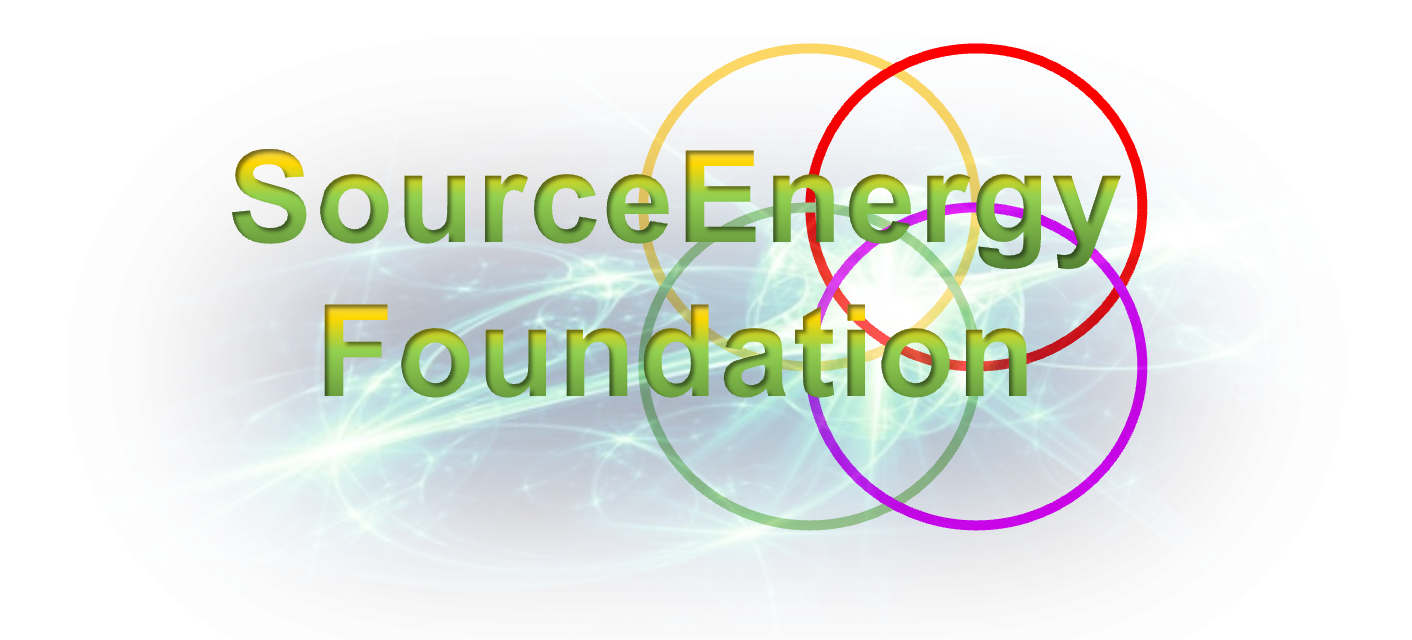The Integral Role of the Elderly Population within the Wealth Ecology Model Framework
The Wealth Ecology Model, as conceived, encapsulates several pillars including Energy, Technology, Community, and Education. This multidimensional framework serves as a guiding structure for creating, distributing, and sustaining wealth in an integrated manner. One key demographic that significantly intersects with these pillars, yet is often overlooked, is the elderly population.
Interactions with the Wealth Ecology Pillars
1. Energy
Elderly individuals hold a wealth of experience and wisdom, figuratively serving as “energy reserves” for a community. They have seen decades of technological advancements and social changes and can provide insights that are invaluable. Furthermore, there is an increasing trend toward sustainable living solutions geared toward senior citizens, such as energy-efficient housing specifically designed for the needs of the elderly.
2. Technology
Elderly populations are becoming increasingly tech-savvy, a trend which has accelerated due to the COVID-19 pandemic. Remote communication tools, telemedicine, and assistive technologies not only make their lives easier but also open doors for them to contribute to community and educational initiatives.
3. Community
In the Wealth Ecology Model, the elderly can be viewed as the stewards of community values and culture. Their active involvement in community affairs can facilitate social cohesion. Moreover, programs that engage seniors in mentoring roles can bridge generational divides, enriching both young and old.
4. Education
Lifelong learning is an essential component of the Wealth Ecology Model. Educational initiatives targeted towards the elderly can offer them opportunities for cognitive engagement, new skill development, and even second careers. Furthermore, the elderly can be involved in educational frameworks as mentors, sharing their lived experiences and wisdom.
Potential Strategies for Integration
- Wisdom Banks: Establish community-based repositories where the elderly can contribute lessons from their life experiences. This will serve as a valuable educational and cultural resource.
- Elderly Entrepreneurship Programs: Aligning with the entrepreneurial focus of Hampton University’s Entrepreneurship Department, develop special programs that help senior citizens turn their expertise into business ventures.
- Technology Training: Implement courses that teach the elderly about the latest advancements in technology, making them more self-reliant and enabling them to contribute more effectively to society.
- Community Roles: Establish honorary roles for senior citizens within local governance frameworks, ensuring that their voices are heard in community development initiatives.
- Inter-Generational Mentorship: Facilitate programs where the elderly can impart their skills and knowledge to younger generations in an organized educational setting.
By adopting these strategies, the Wealth Ecology Model can become a more comprehensive framework that leverages the potential of every demographic, including the elderly. The result is a more holistic approach to creating and sustaining wealth, driven by the symbiotic interactions between Energy, Technology, Community, and Education.
In conclusion, the elderly population is not just a demographic to be cared for but an active and valuable participant in the Wealth Ecology Model. Their integration into this framework amplifies the model’s effectiveness and inclusivity, aligning perfectly with its core principles.
Sincerely,
Dr. Oliver E. Jones Chairman and Founder, SourceEnergy Group of Companies Professor, Hampton University
SourceEnergy Group R&D
